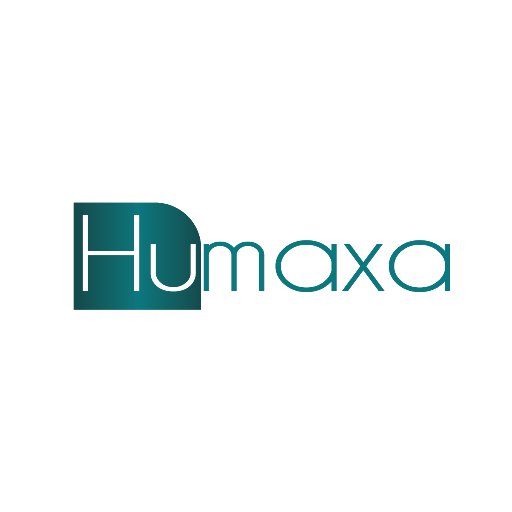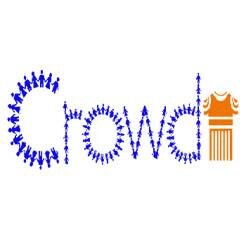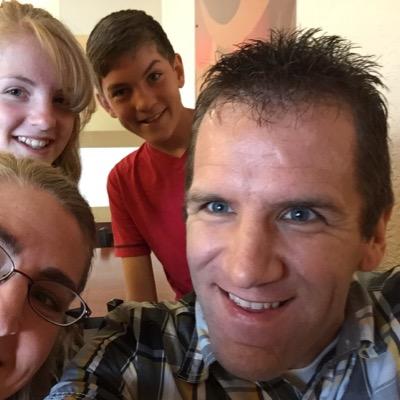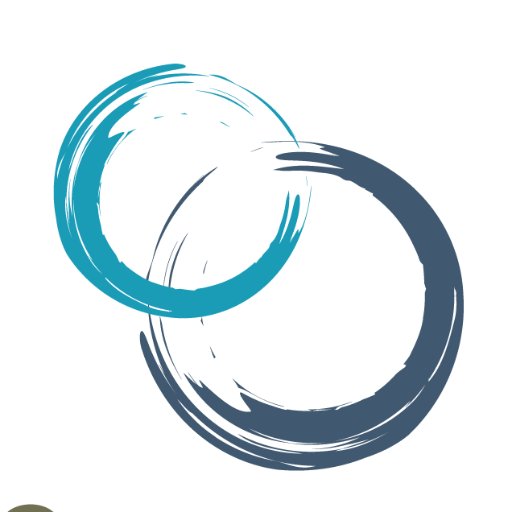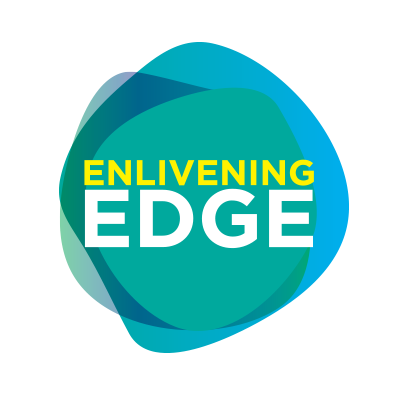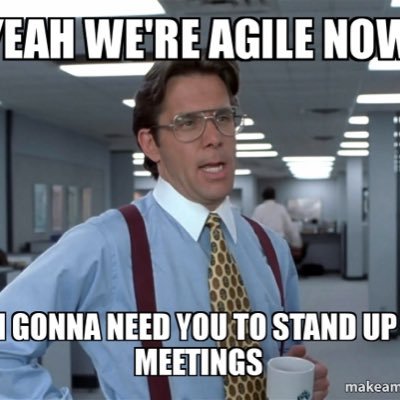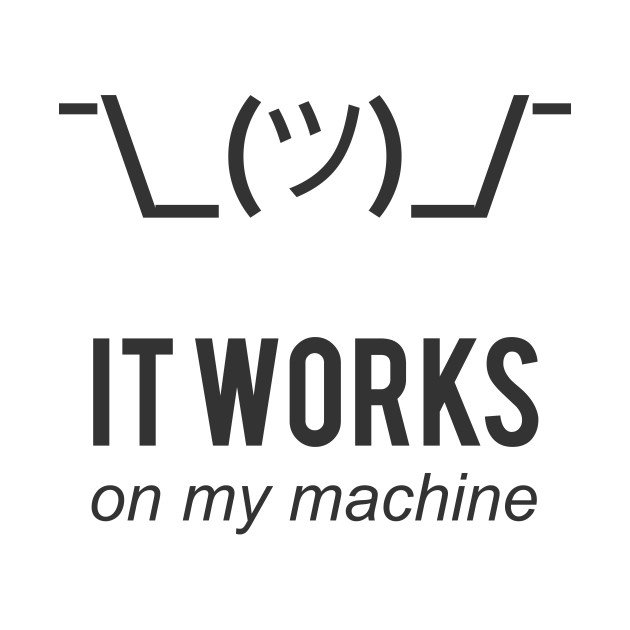
Adam Ard
@ard_adam
Programmer and Writer.
You might like
There are two successful software collaboration models: 1. strong code ownership (ex. open source) 2. shared code ownership (with XP). A Scrum with code reviews and without pair programming is a process stuck in the ineffective middle.
"Top notch development teams don’t torture their programmers. Even minor frustrations caused by using underpowered tools add up, making programmers grumpy and unhappy. And a grumpy programmer is an unproductive programmer." joelonsoftware.com/2000/08/09/the…
The Definition of Done doesn’t fix the broken process—it just adds pressure. Scrum’s relentless sprints, rushed planning, and chaotic workflows create an environment where quality is difficult. The DoD isn’t solving these problems; it’s just pretending they don’t exist.
When legacy code is a black box too long, I do a little skunkworks project: I re-implement the product from scratch, but in a loose, throwaway prototype style. Quickly, I start to understand the design decisions the original author must have faced, and it gives me new insights.
"Whether it’s forcing developers to work with clunky tools, outsourcing without understanding the hidden costs, or treating people like machines that can run without rest, the result is the same: inefficiency, frustration, and burnout." rethinkingsoftware.substack.com/p/penny-wise-a…
In the software industry, particularly with Agile/Scrum, we lack a way to grant autonomy past simple task assignments. Our process doesn't allow it. The result is disengaged engineers.
The next time you are tempted to compromise and come down somewhere in the middle, consider a different type of compromise: pick one way this time, and the other way the next. That way you can see which way is _really_ best, without watering down your experiment.
If your company is practicing shared code ownership, meaning everyone on the team works together on the same set of code repositories, then there is too much code for any one person to understand. Collaboration is required.
Pull Requests don’t make much sense for a team that is collaborating closely. They are most useful in projects where external contributors are submitting code for consideration. This article explains in more detail. infrastructure-as-code.com/posts/pull-req…
I admire Donald Knuth's ability to avoid distraction. Famously, he doesn't even read email. "Email is a wonderful thing for people whose role in life is to be on top of things. But not for me; my role is to be on the bottom of things." www-cs-faculty.stanford.edu/~knuth/email.h…
Working onsite is all about verbal communications, but when you're 100% remote, it's all about written communication. If you want a good WFH culture, but you don't invest in good tools for written communication, you're going to have a hard time.
Legacy code is a beast—especially when it is sufficiently large. I find it almost impossible to infer what the origin design/intent was. I found this article from Eric Raymond that is a pretty reasonable approach to diving into a new code base: catb.org/esr/faqs/hacki…
Stewardship styles in software—how the right approach can transform productivity and innovation. rethinkingsoftware.substack.com/p/programmer-c…
I've noticed many successful founders have a new KPI for their second startup: revenue per employee They built huge companies the first time around, but got so bloated they didn't like working at their own startup anymore Learn from them: track this for your first startup too
United States Trends
- 1. Veterans Day 431K posts
- 2. Tangle and Whisper 4,866 posts
- 3. Woody 18.4K posts
- 4. Jeezy 1,819 posts
- 5. State of Play 33.1K posts
- 6. Toy Story 5 25K posts
- 7. Errtime N/A
- 8. #ShootingStar N/A
- 9. Luka 86.5K posts
- 10. AiAi 12.8K posts
- 11. Gambit 49.6K posts
- 12. NiGHTS 58.9K posts
- 13. #SonicRacingCrossWorlds 3,253 posts
- 14. Nico 150K posts
- 15. Wanda 33K posts
- 16. Tish 7,141 posts
- 17. McAvoy N/A
- 18. Antifa 211K posts
- 19. SBMM 1,979 posts
- 20. Pat Murphy N/A
Something went wrong.
Something went wrong.



























